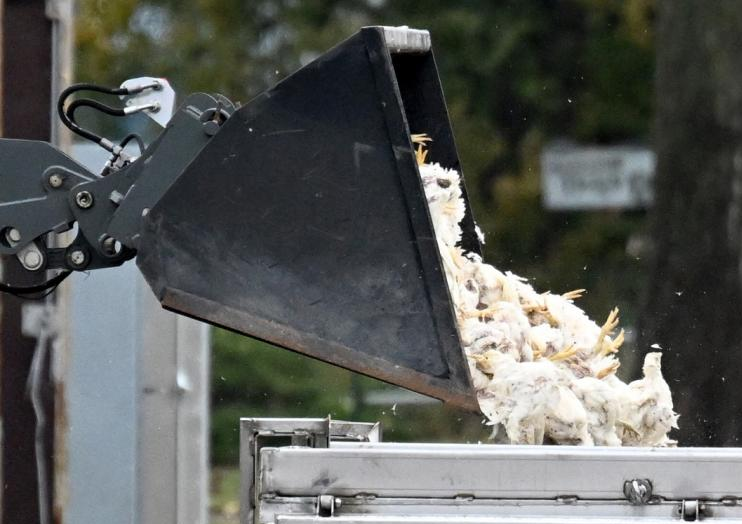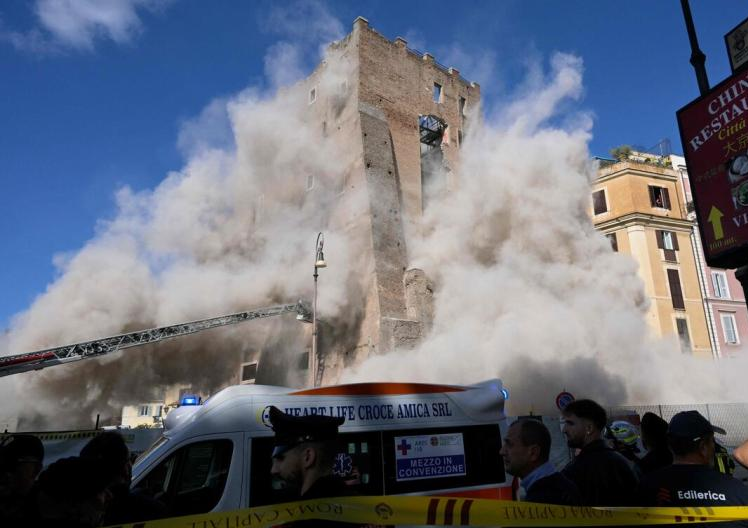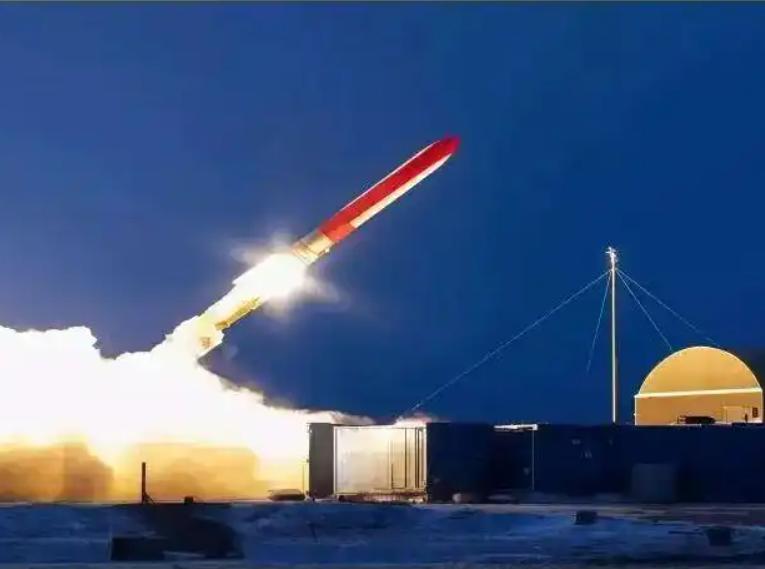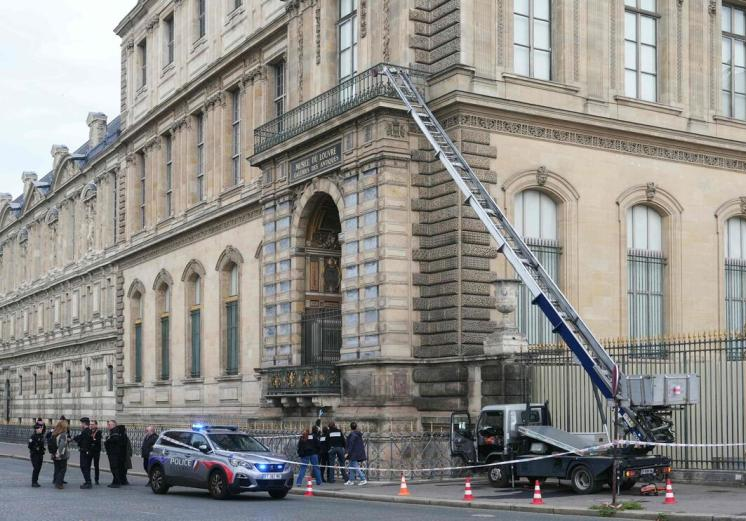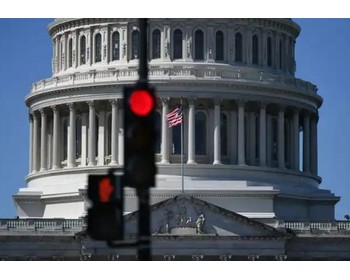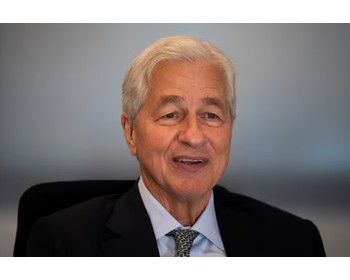On March 25, Boeing announced that Dave Calhoun will step down as CEO at the end of 2024. At the same time, Boeing also said that Boeing Commercial Airplanes Group president and CEO Stan Deal will retire, and Stephanie Pope will lead related operations, effective immediately. Can a series of personnel changes such as a large-scale high-level replacement save Boeing on the cusp of the storm? For now, the answer is uncertain.
Boeing's top management adjustment is imminent, we all know that 2024 so far, Boeing aircraft has also occurred a number of safety accidents. In January, part of the fuselage of an Alaska Airlines Boeing 737MAX series plane burst, injuring several people on board. In March, a United Airlines Boeing was involved in multiple incidents, including an engine fire, a tire that came off and skidded off the runway. Following the accident, the airline's credibility was destroyed, not only the market confidence was damaged, the "whistleblower" who exposed Boeing's safety problems suddenly died, United Airlines also suspended Boeing 737 Max 10 orders, and its stock price has fallen nearly 27% this year, becoming the second worst company in the S&P 500.
While the change in senior leadership caps weeks of turmoil at Boeing, the quality problems the company faces are unlikely to improve anytime soon. According to recent reports, the US Federal Aviation Administration conducted 89 audits of Boeing, 33 of which failed, and found a total of 97 cases of suspected non-compliance. In addition, 13 audits were carried out on airframe supplier Darrell Aviation Systems, seven of which failed. These glaring figures show just how serious Boeing's internal quality problems are, which, under the best of circumstances, will take at least two to three years to fix.
In addition to internal management and quality issues, there is also Boeing's external competitive crisis. From a market share perspective, a series of accidents directly hit Boeing's performance. Boeing will report a huge loss in the first quarter of this year that is likely to be picked up by Airbus, according to the company's chief financial officer. Some airlines, such as United Airlines and Delta Air Lines, have struck deals with Airbus, Boeing's European rival, to order aircraft to fill the gap left by Boeing. Airbus was smaller than Boeing when it went public in 2000. However, with the negative news related to Boeing, the gap between the two is narrowing, and even Airbus has begun to overtake. If Boeing's internal problems are not resolved soon, Boeing's market share will be at risk.
Of course, there is no need to be too pessimistic about the current situation, after all, Boeing has strong support from the US government. Boeing is the engine of the American economy, and no one is more important to the United States than Boeing. The fact that Boeing has held up so well in the face of so many major safety problems is entirely due to the protection of the US government. The real intention behind the US political revolution is to preserve this economic engine. At this stage, Boeing's sheer size makes it a potential leverage point for countries seeking to influence U.S. policymaking, and as a major supplier of military equipment to the United States and its Allies, Boeing produces a range of advanced weapons systems, including F-15 fighter jets and Apache attack helicopters. This deep integration into the national security system further exacerbates its "too big to fail" problem.
For Boeing, it is urgent to solve the problems of quality control management and safety production, but the bigger problem is that the market's confidence in it is difficult to recover, if the high-level reshuffling fails, the future of the aviation giant will be more difficult.













